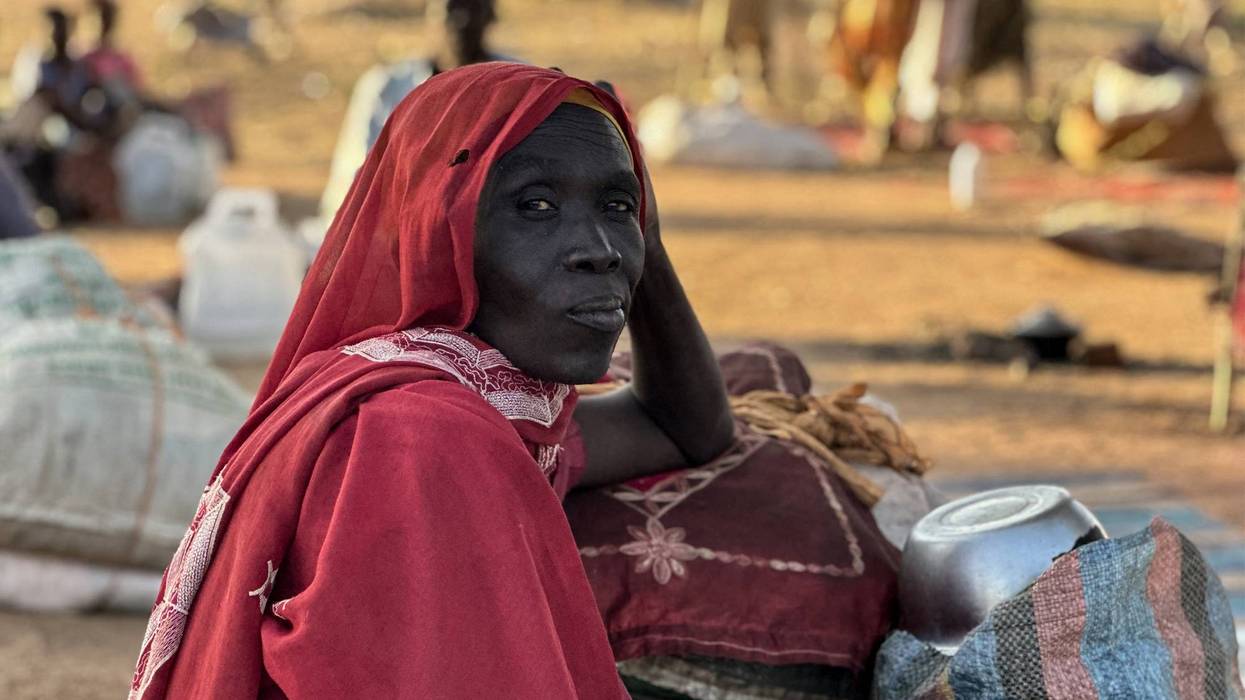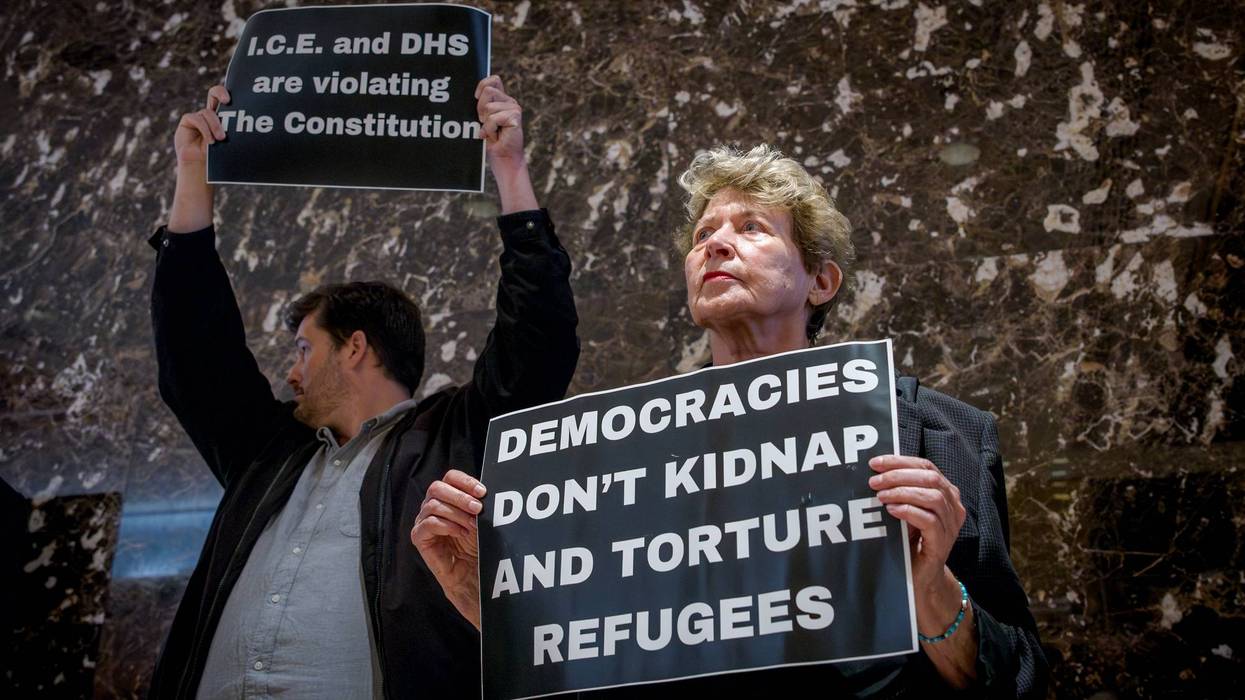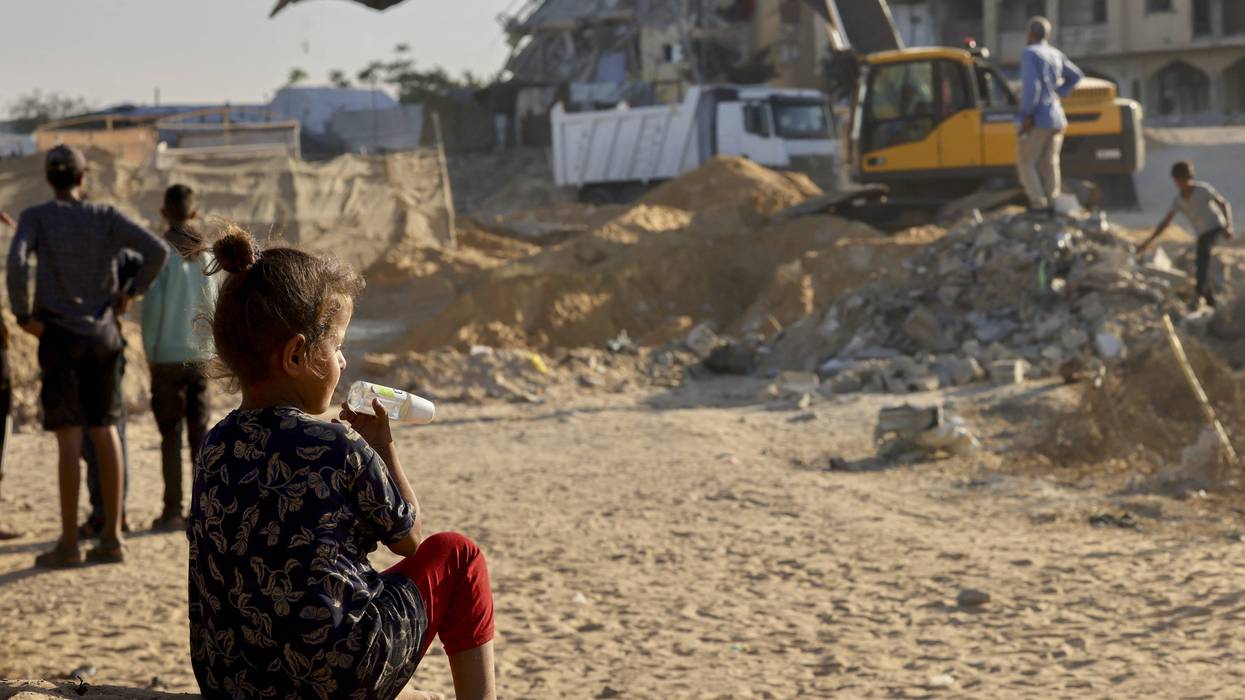The Finance in Common Summit, which saw over 400 public banks meeting to discuss global challenges, fell short today on delivering concrete and measurable commitments on how they would halt the climate and ecological crises. The Summit had a unique opportunity to outline transformational pledges based on common principles to stop harmful spending and set the world on track to build back better, yet the announcements made in the past two days show that there is a glaring lack of political will, making it another wasted opportunity.
As the world continues to grapple with multiple crises, with record-breaking Covid19 cases in many countries and deadly climate impacts continuing unabated, the time for empty words on paper is long over. We need clear plans on how public money will go towards solutions that avert the climate crisis, end poverty and inequality, integrate human rights and the rights of Indigenous Peoples into development projects and uplift those most vulnerable to compounding vulnerabilities, including women and girls.
In the run up to COP26, public banks must now step up their actions and ambition to fully align with the Paris Agreement, including by putting an end to all fossil fuel finance and scale up adaptation action, and meet the Sustainable Development Goals.
QUOTES
"Finance in Common has opened a pathway for public development banks to collaborate but urgent, ambitious, concrete action is needed. There is no excuse for the continued funding of billions of dollars in coal, gas or oil projects. This must stop now. A just recovery from Covid-19, must include more public money invested in sustainable, renewable energy that ensures everyone around the world has energy access. The multilateral development banks promised to align their lending with the Paris Agreement 5 years ago and yet a number of them did not even sign the declaration at Finance in Common. They must now, without further delay, turn commitment into action and lead the way for other public development banks and private finance to follow." Sophie Richmond, Big Shift Global Coordinator
"Public Development Banks must devote their sizeable financial resources and influence to building a just, equitable, inclusive and sustainable future for all. If not you, who will do it? Achieving the Sustainable Development Goals, limiting global warming to 1.5degC by fully implementing the Paris Agreement, and protecting nature should be the key drivers of action on the part of Public Development Banks over the coming decade. We stand ready to work with you so that these guiding lights and these ethical approaches become a reality. It's up to you to be on the right side of History, and seldom before have these words rung so true." Iara Pietricovsky, President of Forus
"Many fine words, but very few concrete commitments. The Finance in Common Summit fell short to demonstrate how public development banks would take the urgent and concrete actions needed to address the intertwined health, climate and biodiversity crises. Much more ambitious commitments, starting by ending all fossil fuel finance, are needed by COP26 if public development banks are serious about aligning their activities with the Paris Agreement's objectives. This also applies to France, host of the summit: it would be an international disgrace if France adopted the current government's proposal to allow export finance for gas projects for 15 more years, until 2035." Lucile Dufour, International Policy Adviser at Climate Action Network France
"Getting public finance institutions out of fossil fuels is an urgent task. This is the time for these publicly funded entities to make the right call and make sure that the resources available will be spent to create the future we need. We have a historic chance to drive real, transformative change and build back better in line with climate and sustainable goals. Real leadership from public banks would send a strong political signal towards the private sector to help build momentum towards a successful COP26 in 2021. With a rampant climate crisis and so much at stake for people's jobs and health, simply paying lip service to the need for a just recovery and a low-carbon transition won't cut it." May Boeve, 350.org Executive Director
"Finance in Common has opened a pathway for public development banks to collaborate but urgent, ambitious, concrete action is needed. There is no excuse for the continued funding of billions of dollars in coal, gas or oil projects. This must stop now. A just recovery from Covid-19, must include more public money invested in sustainable, renewable energy that ensures everyone around the world has energy access. The multilateral development banks promised to align their lending with the Paris Agreement 5 years ago and yet a number of them did not even sign the declaration at Finance in Common. They must now, without further delay, turn commitment into action and lead the way for other public development banks and private finance to follow." Sophie Richmond, Big Shift Global Coordinator
"Finance in Common is the beginning of a new era of multilateralism for the multilateral financial system - and for the global ecosystem of public banks large and small. These banks hold the key to a greener, better, more resilient and more just recovery from the COVID-19 crisis, and this summit is about together committing to deliver that. These institutions have immense power to shape the direction of development in Global North and South, and today they will commit to make that development climate-safe and sustainable, aligned with the Paris Agreement and other international goals. The key challenge now is to turn this into a lasting institution, bringing together all public banks large and small, all export credit agencies, all Multilateral Development Banks, including those that were not able to sign up to the declaration today, to get them to act as one. All public banks for one planet, one planet for all public banks, to paraphrase Alexandre Dumas." Sonia Dunlop, Senior Policy Advisor at E3G
"Finance in Common failed completely to address the legacy of PDBs supporting projects linked to human rights abuses affecting thousands if not millions the world over. With no real commitments to community-led development, respect for indigenous peoples' rights, protection of defenders raising their voice around PDB-financed activities or a rights-based approach more generally, any talk of inclusive development is just that: talk." Mark Fodor, Defenders in Development campaign Coordinator at the Coalition for Human Rights in Development
"In the Joint Declaration, the signing development banks state they aim to develop strategies to align their financial flows with the Paris Agreement by the UN Climate Summit at the end of next year. They also want to consider ways of reducing their investments in fossil fuels. Progress will have to be assessed then. By the UN climate summit in 2021, progressive public development banks should lead the way by forming a coalition that no longer finances fossil fuel-related investments." Sophie Fuchs, Policy Advisor at Germanwatch
"Developing countries are battling the Covid-19 health and economic emergency while facing a debt crisis that has left health systems vastly underfunded and Zambia on the verge of default. Yet public development banks have this week failed to step up and help address this debilitating debt burden. For there to be any hope of debt sustainability in the future, public development banks must play a responsible role now by cancelling their share of countries' debt, which is crippling governments' capacity to respond to the pandemic. Debt cancellation is essential for a just, green and feminist recovery from the Covid-19 crisis. Without it, there is no sustainable path to stability and development in dozens of the world's poorest countries." Soren Ambrose, Fiscal justice policy advisor at ActionAid
"Finance in Common provided an ideal opportunity for public development banks to stake out a roadmap for meaningful climate action towards COP26 in 2021, as well as raise the bar on other important issues, such as human rights. But a lack of ambition and timebound commitments make the summit's Joint Declaration next to meaningless. It is particularly disappointing that multilateral development banks, such as the World Bank and Asian Infrastructure Investment Bank, refused to make their engagement official by signing the declaration. The next 12 months, building up to the next Summit and COP26, will be critical for rectifying these mistakes." Petra Kjell, Campaigns Manager at Recourse
"Without a concrete commitment to end public finance for fossil fuels this Summit can't be considered a success for climate action. It's too late for vague words about phasing out one fossil fuel at a time. Our research shows that the oil, gas, and coal in developed fields and mines that exist now would be enough to blow our carbon budget for 1.5oC or 2oC. There is no room for new fossil fuel funding from public development banks. But there are bright spots: banks like the European Investment Bank and Swedfund have already banned oil and gas financing, and President-elect Joe Biden has committed to stop financing dirty energy at home and abroad. The EIB said it is ready to cooperate with others in this area. Between now and the UN climate negotiations, COP26 in Glasgow next year, public finance institutions must act on this call and work together to stop funding fossils." Laurie van der Burg, Senior Campaigner at Oil Change International
"We are witnessing a big shift in the appetite for fossil fuels especially coal across lower and middle income countries across Asia. The US election results are also ushering a revival of the Paris agreement in the international system. Therefore it comes as an absolute shock that the ADB with US, Japanese, European and the AIIB with China as major shareholders are not committing to this critical and immediate declaration. This begs to question whether the ADB and the AIIB management systems have absolute autonomy to craft their own positions on climate and energy investments? Are management representatives of ADB and AIIB more powerful in dictating energy investments in Asia than even their respective donor governments and borrowing members?" Rayyan Hassan, Executive Director at Forum on ADB
"The global coalition of PDBs formed at this summit is committed to deliver a work program and accountability framework, building on their Joint Declaration. Words now have to be put into action. At the same time, the mandate, policies and operations of PDBs have to be changed to deliver in the public interest, instead of reproducing a problematic development model. The international community must hold PDBs accountable for the good intentions delivered today." Jean Saldanha, Director of Eurodad
"Public Development Banks have a great responsibility in making sure that investments directly benefit communities. We urge them to stop funding fossil fuel projects, and place human rights, racial and climate justice at the core of their actions. They must lead the way and initiate a deep and rapid shift in the way they operate, in line with a Just Recovery for all. But they are still lagging behind." Clemence Dubois, France Team Leader at 350.org
"We need to restructure financing for development so that it builds resilient societies, responds to communities' needs and protects ecosystems. The current development model is not fit for the world we want, too often we are bullied by those who put profit before people. This has to change. Finance in Common has started a process for PDBs to take bold and ambitious action to build a future in common, and meaningful participation of civil society can help them deliver. This is the kind of leadership we need from Public Development Banks." Sarah Strack, Director at Forus





